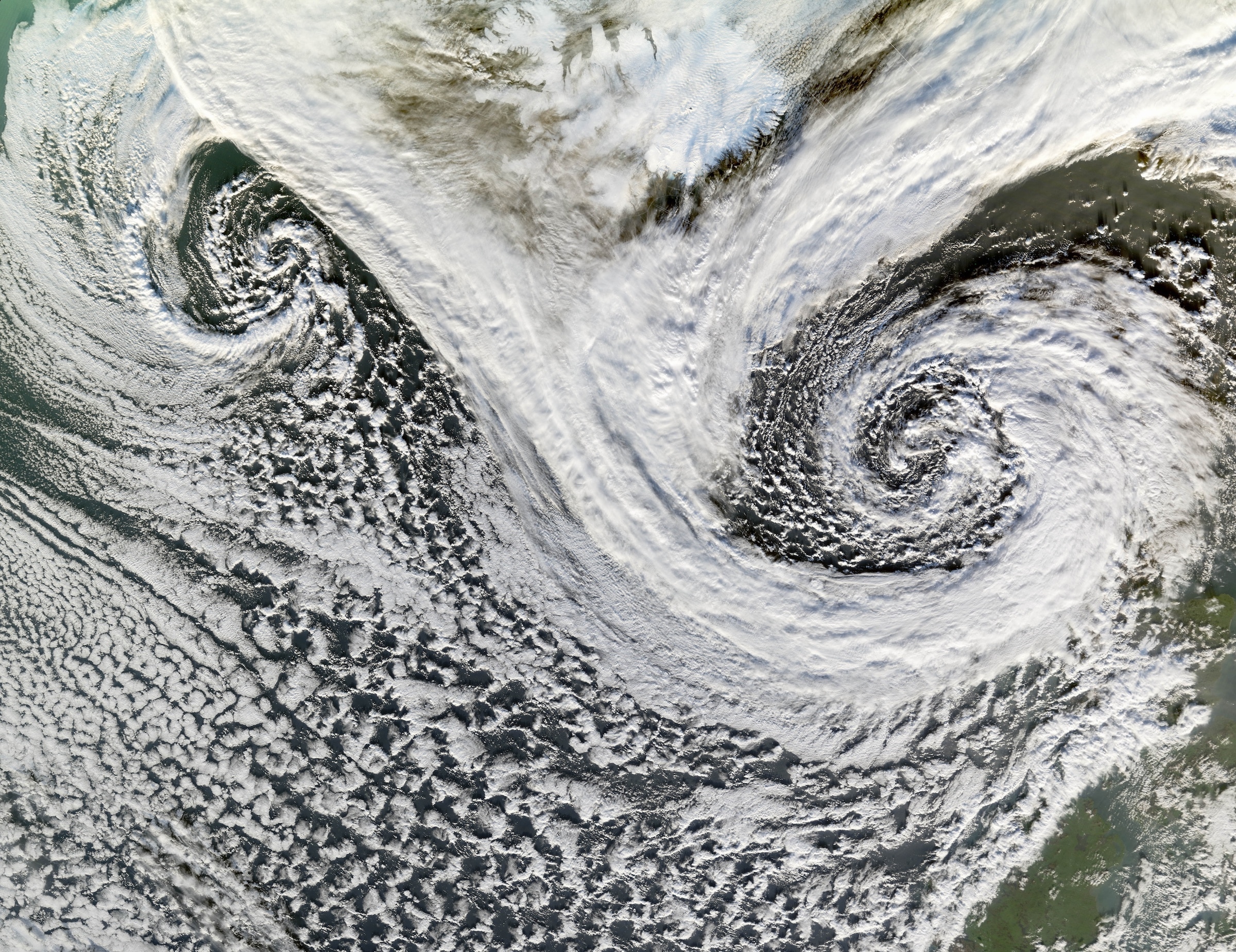 Intelligent Design
Intelligent Design
 Physical Sciences
Physical Sciences
There’s a Limit to What Nature Can Do

Discovery Institute recently released a short animated video highlighting the drama over my Boundaries of Science course at Ball State University when atheists pressured the administration to cancel it. The title of course points us to a critical issue in our understanding of the laws of nature — an issue that can be framed with the question, “Do the laws and parameters of nature limit what can occur naturally?”
At the outset, it’s important that we note the distinction between what intelligent, or simply living, creatures can produce within this universe and what unguided natural forces could bring about on their own. Unwarranted conclusions about the abilities of raw nature can arise when we see the trend of increasingly complex technological human productions and naïvely assume that unguided nature could produce even more sophisticated “designs,” given enough time.
Nature actually has precious few options for manipulating the natural ingredients (atoms) of this universe. In fact, for making anything other than large-scale conglomerations of matter (such as stars and planets), nature has only one tool in its bag — the electromagnetic force. This tool primarily manifests as the electric force, causing opposite charges (such as electrons and protons) to attract, and like charges to repel. It is completely indiscriminate, and cannot select between multiple options, preferring one charge over another, except for the rule that the bigger the charges and the closer the distance between them the stronger the resulting force. Can you imagine such blind, brute forces pulling together countless atoms of specific elements into the necessary configurations to result in a functioning laptop computer?
An All-Powerful Genie
An insightful statement in a recent Evolution News article by Neil Thomas expresses well the way Darwinism elevates natural forces into a sort of all-powerful genie.
How is this trend towards extended Darwinism to be explained? It certainly does not depend on any further scientific breakthroughs in our own age, hence it can only derive from a faith that natural selection must represent a kind of cosmic formula, a reliable rule of thumb that can lead us through the labyrinths of our perplexities.
If the effects of Darwinism are believed to endow the limited action of the electric force with “a kind of cosmic formula…that can lead us through the labyrinths of our perplexities,” then we indeed have discovered something phenomenal! Darwinism becomes a real-life magic wand that can transform a dumb force of nature into a cunning wizard able to convert random clouds of hydrogen gas into every imaginable wonder. But can scientists who have quantitatively characterized the action of every force of nature, and unequivocally reduced them to blind pushes and pulls, be expected to embrace a faith that natural selection can accomplish exceedingly more than nature’s forces have ever been seen to produce?
Note that a misconception of naturalism is that in a universe or a multiverse, anything can and will happen as an outcome of natural processes, given enough time. However, scientific observations of our own universe testify against this. For example, in the entire history of the universe, no more than about 94 different elements have ever formed naturally. This is a hard-wired consequence of the laws of physics, and waiting longer won’t change it. No amount of time in this universe will result in the formation of an element containing, say, 200 protons, or an isotope of carbon with 50 neutrons. The general principle is that more time simply yields more of the same thing, as governed by the existing laws of physics.
A Common-Sense Conclusion
The “boundaries of science” refers to the common-sense conclusion that nature is limited in what it can produce to outcomes consistent with the laws and forces of nature. Natural processes are sought and found to be sufficient for natural phenomena, such as star formation or precipitation.
However, attempting to naturally explain the origin of some things found within our universe comes into conflict with the boundaries of science. Positing a natural explanation for the origin of the universe itself, the origin of the specific suite of physical parameters finely tuned to allow life, the origin of life itself, and the origin of conscious, intelligent minds, all defy what we have discovered about the limits of natural processes.
The Infinite Monkey Theorem
For example, a commonly employed pseudo-belief is that a troop of monkeys could reproduce all the works of Shakespeare, if such creatures could simply be motivated to spend their days hammering away on typewriters. Probability analysis has formally negated this “Infinite Monkey Theorem,” pushing believers in the genie-like abilities of nature back to the drawing board. As Science Daily reports:
It would take far longer than the lifespan of our universe for a typing monkey to randomly produce Shakespeare.
The researchers drolly conclude:
It is not plausible that, even with improved typing speeds or an increase in chimpanzee populations, monkey labour will ever be a viable tool for developing non-trivial written works.
One hopes the conclusion of intelligent design will be considered more plausible than relying on the bankrupt resources of chance and natural law.
